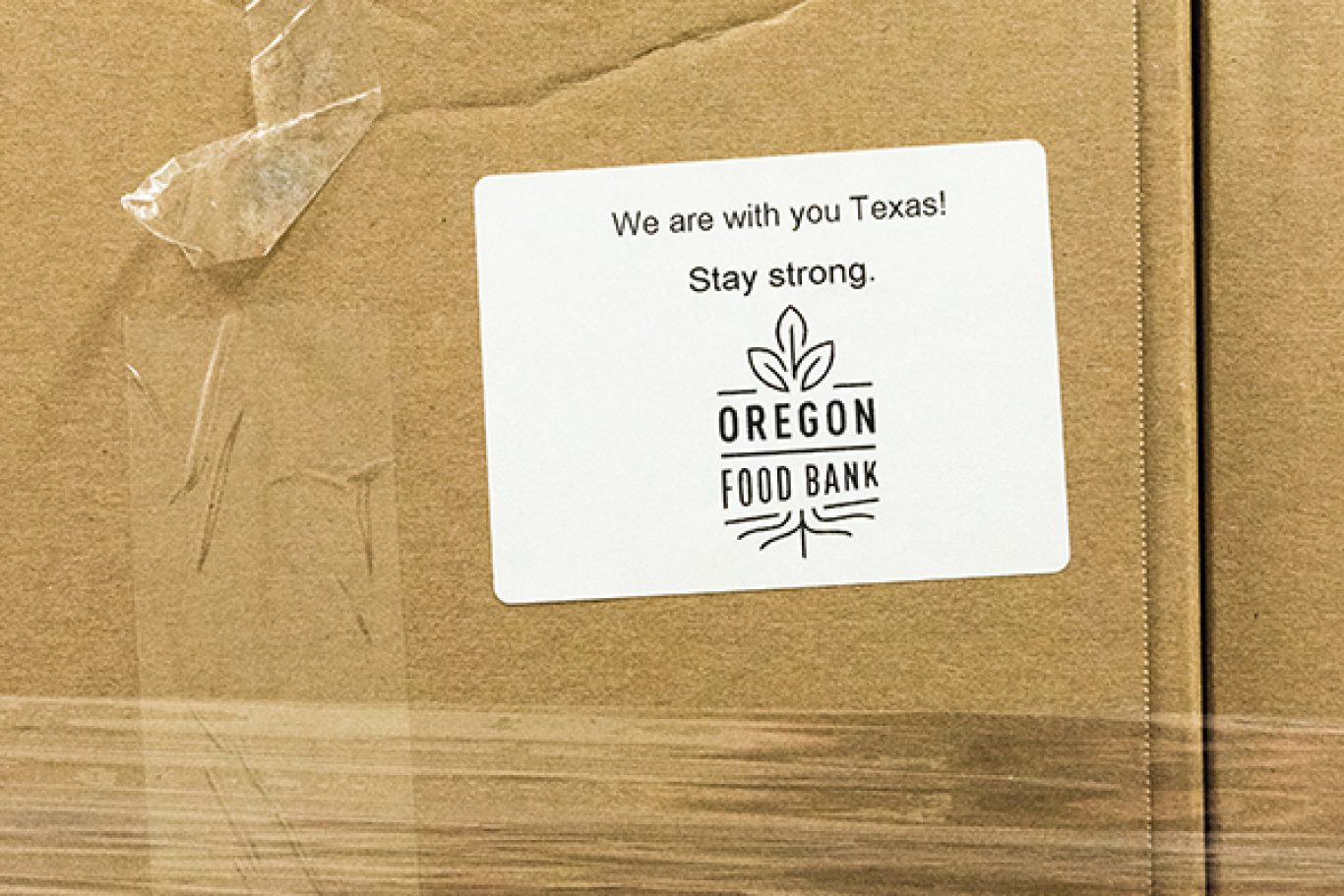Why This Disaster is So Different Than Others We’ve Faced
Why This Disaster is So Different Than Others We’ve Faced
by Susannah Morgan, CEO
In this week’s video update, I reflected on previous experience with crises — and what makes this pandemic so different from prior disasters. Because the impact and demands of this moment are vastly different, both for us as an anti-hunger organization and for the countless families who are facing income loss and food insecurity at this time.
I was one of the food bank leaders sent to support Louisiana’s recovery efforts after Hurricane Katrina back in 2005, so I’ve experienced that kind of crisis response first-hand. And here in Oregon, we have extensive plans and infrastructure in place to support communities in the wake of earthquakes, wildfires and severe weather. So Oregon Food Bank and our partners in emergency response are well prepared for those situations — and those plans and structures have been a big help today.
But this pandemic couldn’t be any more different than a natural disaster — and here’s why:
- This crisis is ongoing. Hurricane Katrina was horrible, but the storm itself lasted for just over a week before recovery efforts started. By comparison, we’ve all been trapped in this disaster for weeks — and experts believe it will continue to get worse for several more.
- This crisis affects everyone in the United States. Nearly 2,000 people lost their lives and 80% of New Orleans was inundated, but the rest of the country wasn’t affected and could help with response and recovery. In the wake of COVID-19, we’re largely on our own — we can’t count on other food banks to send staff and equipment. And the stay-at-home and social distancing orders that are vital to protect public health also lead to significant volunteer limits and long delays in food delivery.
- The economic disruption from this crisis is national if not global — which means this disaster is likely to trigger a recession that could go on for months or even years.
That means our response efforts don’t end when the public health emergency passes; people in Oregon and Southwest Washington will need support for the foreseeable future.
So this crisis is very different — and in some ways, more severe. Fortunately, the generosity and support from our community has put Oregon Food Bank in a strong position to tackle the public health crisis head-on. And our statewide network of regional food banks and partner agencies are moving mountains to meet the evolving needs of people throughout Oregon and Southwest Washington.
But we know that there’s also an economic crisis looming ahead of us — and we can expect demand for food and resources to grow as the fallout worsens. Federal support is unlikely to arrive until July at the earliest, so we absolutely can’t afford to take our foot off the gas. We have do to all we can today to prepare for what is coming tomorrow.
So thank you for your continued partnership in what is still, believe it or not, the early stages of this crisis. Our communities need your support now, more than ever. And I know that together, we can rebuild and #EmergeStronger than ever.
